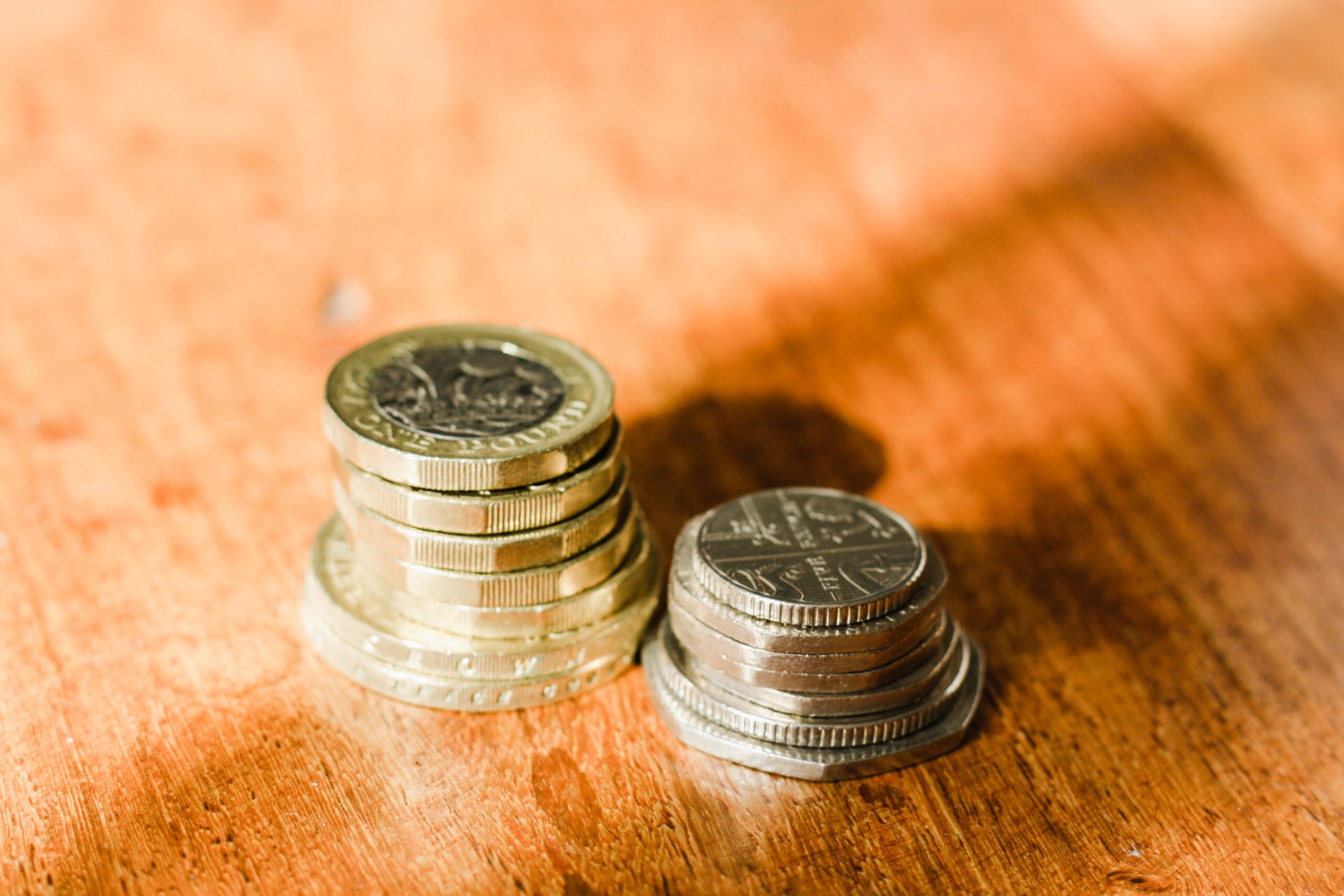A question I get asked a lot is, “how can I pay off my debt and save money?” Setting aside money for your savings or an emergency fund isn’t easy when you’re working to pay off any debt as well, but the good news is that it is possible. If you’re looking to become debt-free, read on to find out how you can save money and pay off debt at the same time.
Look at what you owe
If your debt is spread across multiple credit cards and accounts, then it’s important to have everything you owe in one place. This should include the interest you’re paying on your debt, when your interest-free period ends (if applicable), your minimum payments and when those payments go out each month. Write them in your diary for each month, or set a recurring event in your phone calendar.
Break your goal down into manageable chunks and track your progress for motivation
Breaking your goal down into smaller chunks – whether it’s your debt payoff or savings progress – can help you stay motivated. It will act as your ‘why’ when you’re working overtime or stuck in a rut, and it’ll give you something to work towards. If you like to see your progress visually, download a debt tracker or keep track using a spreadsheet. Your goals are not set in stone; they can be tweaked based on changing circumstances, or they might vary a little by each month. You have the freedom to create goals based on what works best for you.
Create a budget
If you haven’t got a budget already, now is the time to start. Remember, it doesn’t need to be perfect and you may need to tweak it as you go along but having a clear understanding of your income, essential expenses and some money for fun will help you see where you can cut back and where you may have a few money pitfalls. And while we’re on the subject of fun, don’t forget to factor in some money towards fun – whatever that looks like to you – each month. You’ll go a lot further with your debt-free journey if you’re not restricting yourself of the things you enjoy.

Be realistic
Everyone’s circumstances are different, so while it’s possible to do both, consider what is realistic in terms of how much you’re saving after you’re making your minimum payments each month. Depending on your circumstance as well as your current savings and emergency fund, you might choose to put any extra money towards debt instead. Rather than trying to achieve too much (and feeling deflated if you can’t do everything), be realistic with what goals you can meet.
Find savings accounts with high interest rates
Make your money work for you by sticking your savings into accounts that have good interest rates. Some high interest rate accounts may come with certain terms; for example, the First Direct Regular Saver account – available only to existing customers – has an interest rate of 2.75% but it will only allow you to save a maximum of £300 each month for 12 months. So don’t just look at the rates, consider all the terms before committing to one.
Find areas in your spending to cut back
Most of us can find areas in our essential and non-essential spending that we can cut back on. For your essential spending, it might be negotiating on some of your fixed expenses such as your phone bill or broadband costs. You may also want to consider shopping one brand down at the supermarket.
With non-essential spending, there’s usually more wiggle room. While I don’t believe in restricting ourselves of anything we like (spoiler alert: it doesn’t work), here are some ways to cut back without feeling as though you’re missing out completely:
- Reduce the frequency of some of your favourite purchases that you buy out of routine; instead of a daily coffee from your local coffee shop, choose to go 2-3 times a week instead.
- When you want to buy something, see whether charity shops and secondhand websites have the same item or something that’ll do the same job first.
- Implement the 30 day rule whereby if you want to buy something you need to wait 30 days before acting on it. If you still want it after 30 days and it fits within your budget, it may be time to buy it. Chances are you’ll have forgotten about it or decided it’s not that important.
Find ways to make extra money
Making extra money doesn’t have to be a full on side hustle, unless you want it to be. But it could be clearing your wardrobe of any items you no longer wear – or forgot you owned! – or adding the children’s clothes and toys on Vinted when they’ve outgrown them. If you can, get in the habit of putting any extra money you make either towards your debt or savings. It might be tempting to spend it as it comes in, especially when it’s a £5 here and there, but over time it can make a big difference to your savings balance or amount of debt you owe.
I’d love to hear your plans on whether you’ll be paying off debt and saving money, and your goals for doing so. Send me a message on Instagram, @howifundthis.



